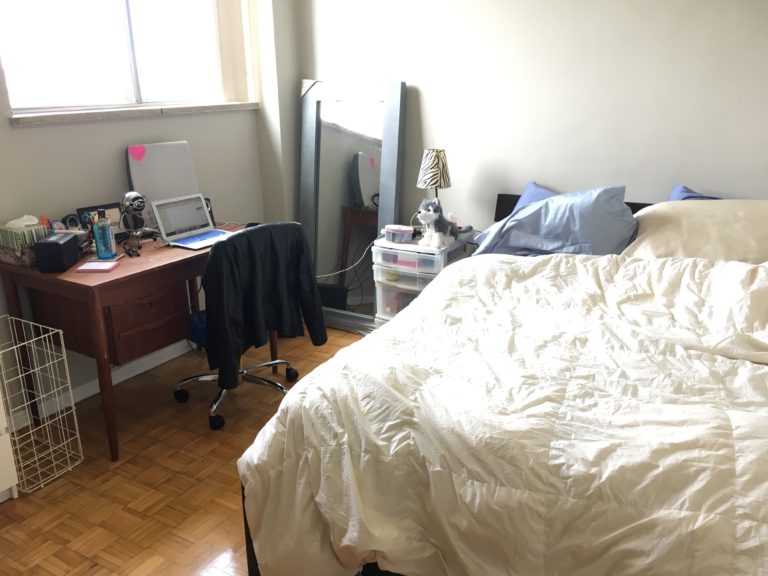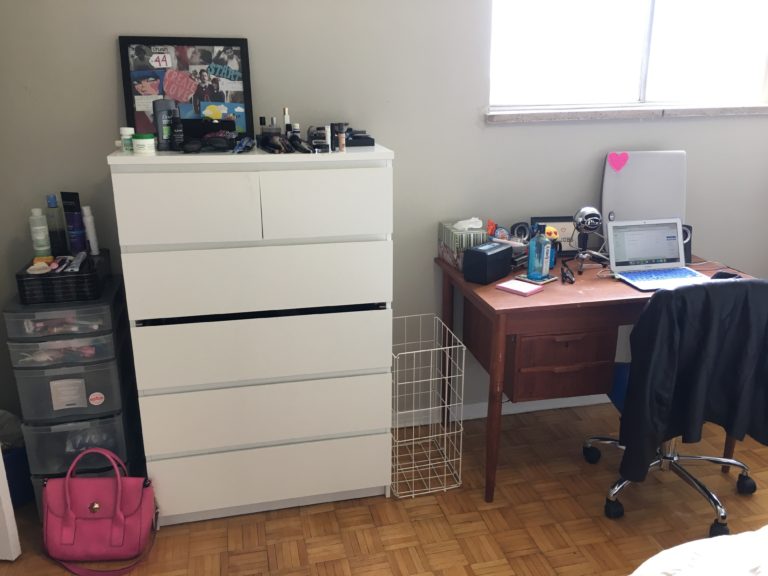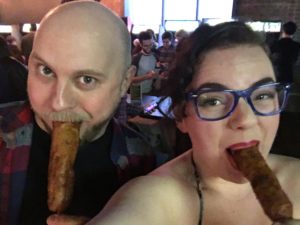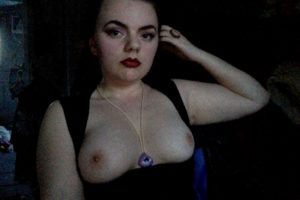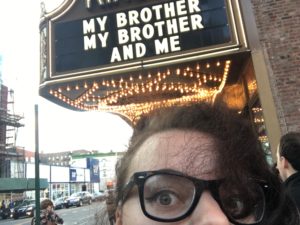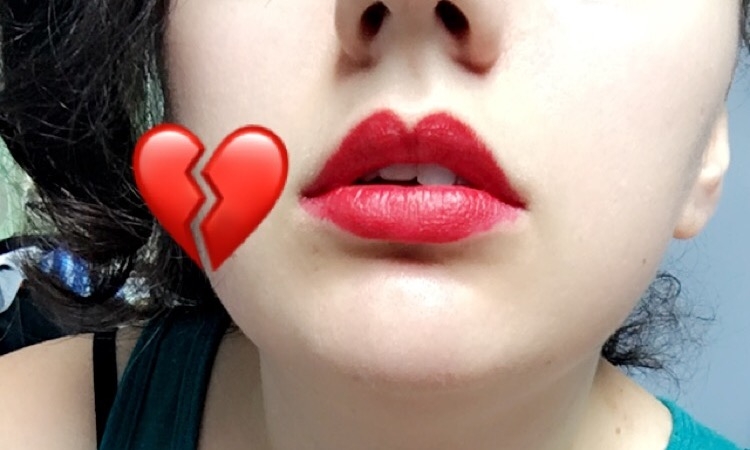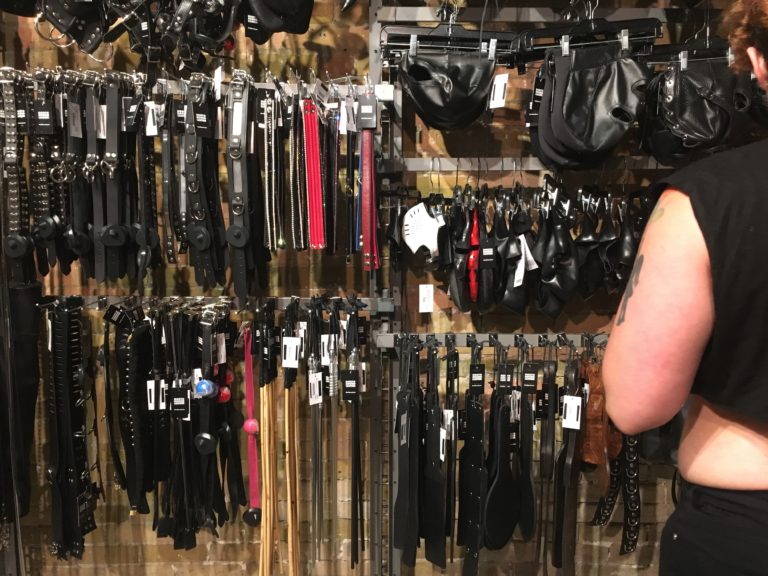
Am I too crazy to have kids?
This question haunts me. I’m embarrassed at how often it flits through my head. When I get sucked down into the whirlpool of depression or anxiety, those moods pose a question which only serves to perpetuate them: Are you too fucked-up to ever get the things you want? And of course, in the throes of sadness and fear, “yes” is the only answer I can fathom.
There are times when my mental health is so bad that I can barely take care of myself – food, sleep, hygiene – so it’s scary to imagine trying to take care of someone else at those times. How can you be responsible for another human being if you’re crying too hard to get up off the floor, or if the world beyond your bed feels too scary to contemplate?
I’ve heard many a horror story from people whose parents raised them in a maelstrom of mental illness. Children of the severely depressed can be neglected; children of the deeply anxious can absorb compulsive fears; children of people with personality disorders can grow up hurt and confused, unable to truly trust anyone. Of course, these stories aren’t universal, and I probably know just as many people whose parents struggled with mental illness and who nonetheless turned out fine, but it’s hard to tune out these narratives when you’re scared they could come true for you.
I’d like to think my co-parent would be a relatively sane, grounded person, to help balance me out. (As much as I admire folks who raise kids solo, that doesn’t seem emotionally or financially tenable for me.) But then you risk creating an off-kilter family dynamic where one person is over-relied upon to prop up everyone else, psychologically and logistically, and that’s not fair at all. Maybe this is an area where polyamory could be an advantage: a solid support network of de facto other parents could take some pressure off. They do say it takes a village to raise a child, after all. The results of a legal paternity test can tell you a lot, but they’re not the whole picture, and a parent or guardian obviously doesn’t have to be genetically or legally related to a kid to assist in raising that kid.
Even supposing that I could overcome my own craziness enough to take care of a child – and/or rely on the help of other, steadier humans – I would still worry about transmitting that craziness to my kid. Some varieties of DNA test can predict whether a person might develop certain mental illnesses, but even if I went the adoption route, I’d still be concerned my negative thought patterns and tendency to overreact to emotional stimuli would get passed on to my little one through sheer osmosis. I would have to be careful and deliberate in the ways I chose to behave around them, and the values and habits I let them pick up – though I suppose that’s true for any parent. You probably want to clean up your act around someone you’re raising, to some extent, whether by quitting smoking or cutting back on profane language or, yes, consciously dialling back your “crazy” behaviors if you can. Hell, doing this might even help me feel less crazy, too.
That said, I don’t think it’s all bad for a mentally ill person to raise a child. Hell, both my parents struggle with depression and anxiety, and if anything, it just made them more empathetic when I started to notice my own psychological symptoms. I’ve also learned about cognitive-behavioral therapy and dialectical behavior therapy while getting treated for my mental illnesses, and these are useful frameworks for anyone seeking to moderate and process their feelings. I could teach these systems to my kid(s), and maybe then they would have an easier time with childhood’s classically outsized emotions, like sadness, rage, and restlessness. Increased emotional literacy is one of the major silver linings I’ve found in my struggles with depression and anxiety, so I may as well try to impart it on my spawn.
It’s also worth noting that depression and anxiety don’t necessarily preclude you from being loving and supportive; you may just show your love and support in different ways than a neurotypical person, depending on how your symptoms manifest. I can still be there for loved ones when I’m having a rough time. It definitely looks different than my emotional support does when I’m feeling better – there’s fewer words of wisdom and more sitting in silence and solidarity – but it’s still a form of love. As the brilliant Carly Boyce pointed out in a suicide intervention workshop of hers that I attended, sometimes a person in distress doesn’t need you to pull them out of that distress – they just need you to keep them company until the feeling passes. As someone well-versed in distress, I could certainly do that for my kid.
So, am I too crazy to have kids? I don’t know. I don’t think it’s off the table entirely. I think, in order to feel comfortable taking that step, I would first have to feel stable in my medication regimen, brush up on my CBT and DBT skills, and have a relatively settled, dependable social support structure. But once those things were in place, I might just become a hyper-empathetic – if chronically frazzled – mom.
This 3-part series on parenthood was generously sponsored by the folks at TestMeDNA.com. As always, all writing and opinions are my own.
